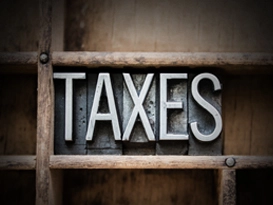In order to understand the dispute settlement mechanism, one needs to finally differentiate between the types of disputes. The disputes between the taxpayer and the tax department will be addressed as per the stipulations under the GST laws. The disputes between the Constitutional and institutions, namely the Union versus States or the States among themselves will be addressed by a different mechanism. As far as the second is concerned, GST Council will come out with a mechanism for adjudication of disputes between Union and States and between States inter se.
However, this is limited to recommendations of GST Council or their implementation. Also, this does not take away the original jurisdiction of Supreme Court under Article 131. And this can be properly appreciated in the light of the background. In 2011, when the Constitution Amendment Bill was proposed, it provided for establishment of a GST Dispute Settlement Authority. This Authority was to be manned by independent and neutral judges and it was required to adjudicate upon disputes between Union and States. However, there was a huge uproar by the States against this Disputes Settlement Authority. This uproar is duly factored , in the Finance Committee Report to the Parliament which examined the 2011 Amendment Bill.
That Committee recommended that the States are not agreeing to GST because they perceive the authority to be a loss of their sovereignty. It recommended that this authority should not form a part of GST mechanism. Accordingly, this authority was not instituted and the role of this authority was also entrusted to GST Council, which will recommend on the mechanism for adjudication of disputes. As on date however, no mechanism has been recommended by GST Council.

